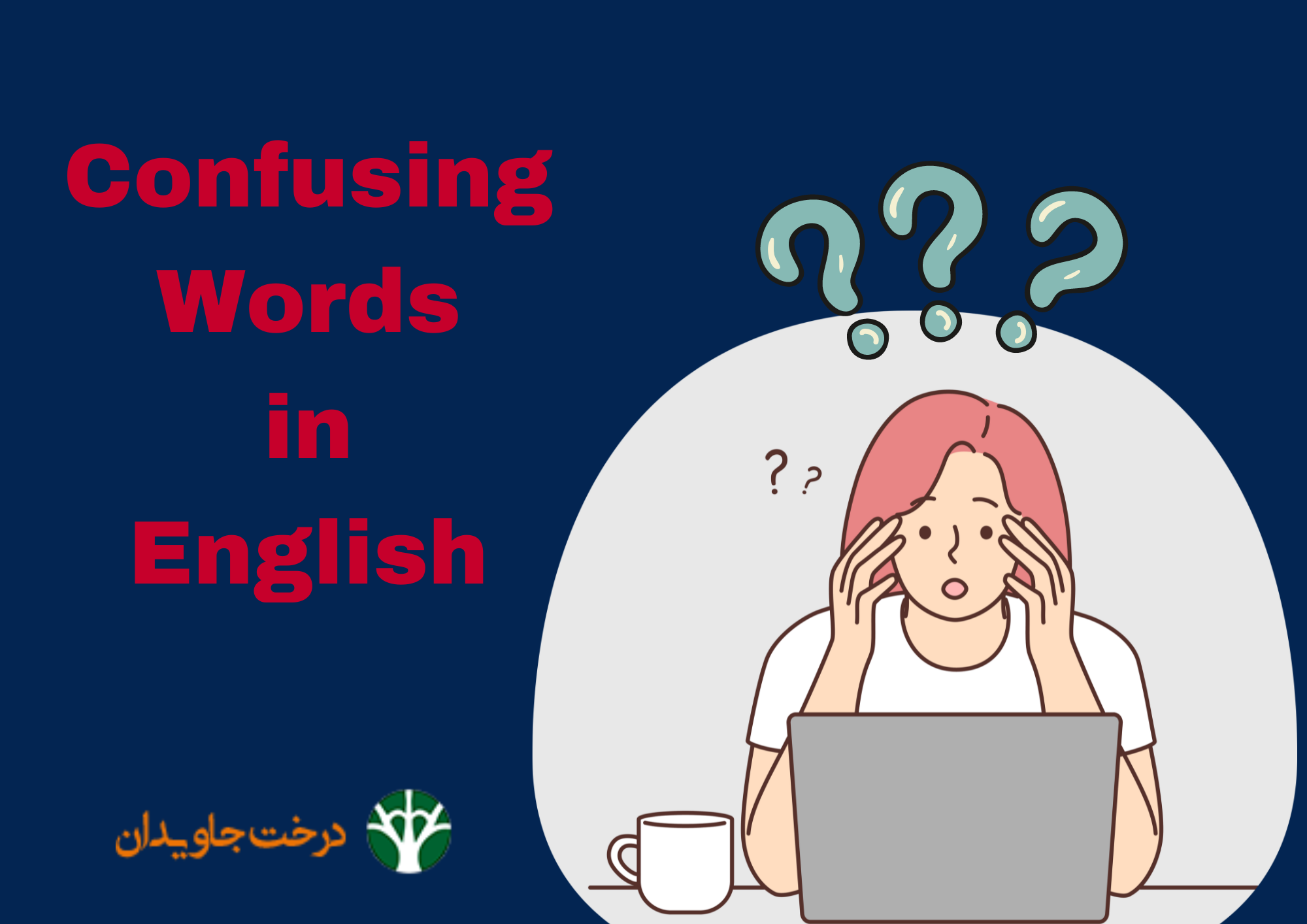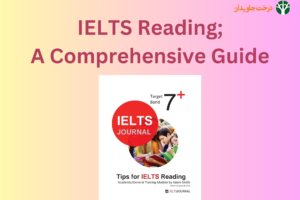تفاوت بین effect و affect و چند جفت گیج کننده دیگر در زبان انگلیسی

در هر زبانی، کلماتی وجود دارند که شباهت در تلفظ، دیکته، و معنی شان باعث می شود به اشتباه آنها را گاهی به جای هم به کار ببریم. در زبان انگلیسی نیز از این موارد زیاد است. برای مثال، تفاوت میان trip، travel و journey یا تفاوت بین effect و affect.
در این مطلب به سراغ چند مورد از جفت کلمات گیج کننده در انگلیسی می رویم و تفاوت های آنها را با مثال توضیح می دهیم.
تفاوت بین effect و affect
Effect: A noun that refers to a change that has occurred (e.g., “The effect of the new law was significant.”)
Affect: A verb that means to influence something (e.g., “The weather can affect my mood.”)
تفاوت بین lie و lay
Lie: A verb that means to recline (e.g., “I will lie down for a nap.”)
Lay: A verb that means to put something down (e.g., “Please lay the book on the table.”)
تفاوت بین borrow و lend
Borrow: To take something from someone with the intention of returning it (e.g., “Can I borrow your pen?”)
Lend: To give something to someone with the expectation that it will be returned (e.g., “I can lend you my pen.”)
تفاوت بین inquire و require
Inquire: To ask about something (e.g., “I’d like to inquire about the job opening.”)
Require: To need something (e.g., “This position requires a college degree.”)
تفاوت بین stationary و stationery
Stationary: Not moving; fixed in one place (e.g., “The car was stationary.”)
Stationery: Paper and other writing materials (e.g., “I bought some new stationery for my letters.”)
تفاوت بین compliment و complement
Compliment: A polite expression of praise (e.g., “She gave me a nice compliment.”)
Complement: Something that completes or goes well with something (e.g., “The wine was a perfect complement to the meal.”)
تفاوت بین principal و principle
Principal: Refers to the head of a school or organization; can also mean primary or most important (e.g., “The principal of the school spoke at the assembly.”)
Principle: A fundamental truth or proposition that serves as the foundation for a system of belief (e.g., “He stood by his principles.”)
تفاوت بین except و accept
Accept: To receive something willingly (e.g., “I would like to accept your invitation.”)
Except: To exclude (e.g., “Everyone was invited except John.”)
تفاوت بین infer و imply
Imply: To suggest something without stating it directly (e.g., “Her tone seemed to imply that she was unhappy.”)
Infer: To deduce or conclude information from evidence and reasoning rather than from explicit statements (e.g., “From his words, I can infer that he is not interested.”)
تفاوت بین elicit و illicit
Elicit: To draw out a response or reaction (e.g., “The teacher used questions to elicit discussion.”)
Illicit: Forbidden by law or rules; illegal (e.g., “He was arrested for illicit drug use.”)
تفاوت بین discreet و discrete
Discreet: Careful in one’s speech or actions to avoid causing offense (e.g., “She was discreet about her friend’s personal problems.”)
Discrete: Separate or distinct; individual (e.g., “The data is divided into discrete categories.”)
تفاوت بین ensure و insure
Ensure: To make certain that something will happen (e.g., “Please ensure that the door is locked.”)
Insure: To protect financially against risk, usually with an insurance policy (e.g., “I need to insure my car.”)
تفاوت بین farther و further
Farther: Refers to physical distance (e.g., “I can throw the ball farther than you can.”)
Further: Often refers to figurative distance or to a greater extent (e.g., “We need to discuss this further.”)
تفاوت بین council و counsel
Council: A group of people convened for advice, discussion, or decision-making (e.g., “The city council met to discuss community issues.”)
Counsel: Advice given formally, typically legal advice or in a professional context (e.g., “He sought counsel from a lawyer.”)
تفاوت بین censorship و censure
Censorship: The suppression or prohibition of speech, writing, or other forms of communication that are considered objectionable (e.g., “The government imposed censorship on the media.”)
Censure: To express formal disapproval of someone or something (e.g., “The senator was subject to censure for his misconduct.”)
تفاوت بین advice و advise
Advise: A verb that means to offer suggestions about the best course of action (e.g., “I advise you to study hard.”)
Advice: A noun that refers to the suggestions offered (e.g., “He gave me some good advice.”)
دانستن تفاوت بین effect و affect و دیگر جفت های مشابه، نه تنها در رایتینگ بلکه در استفاده ی صحیح از ساختارهای گرامری و تلفظ صحیح نیز مهم است.



